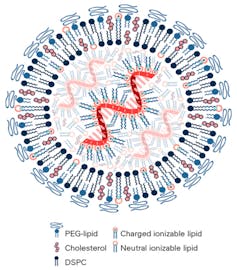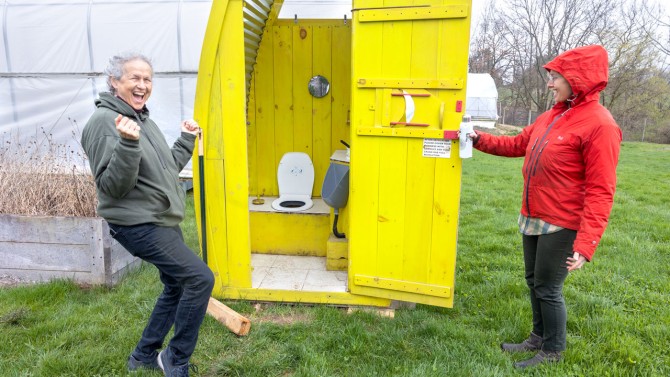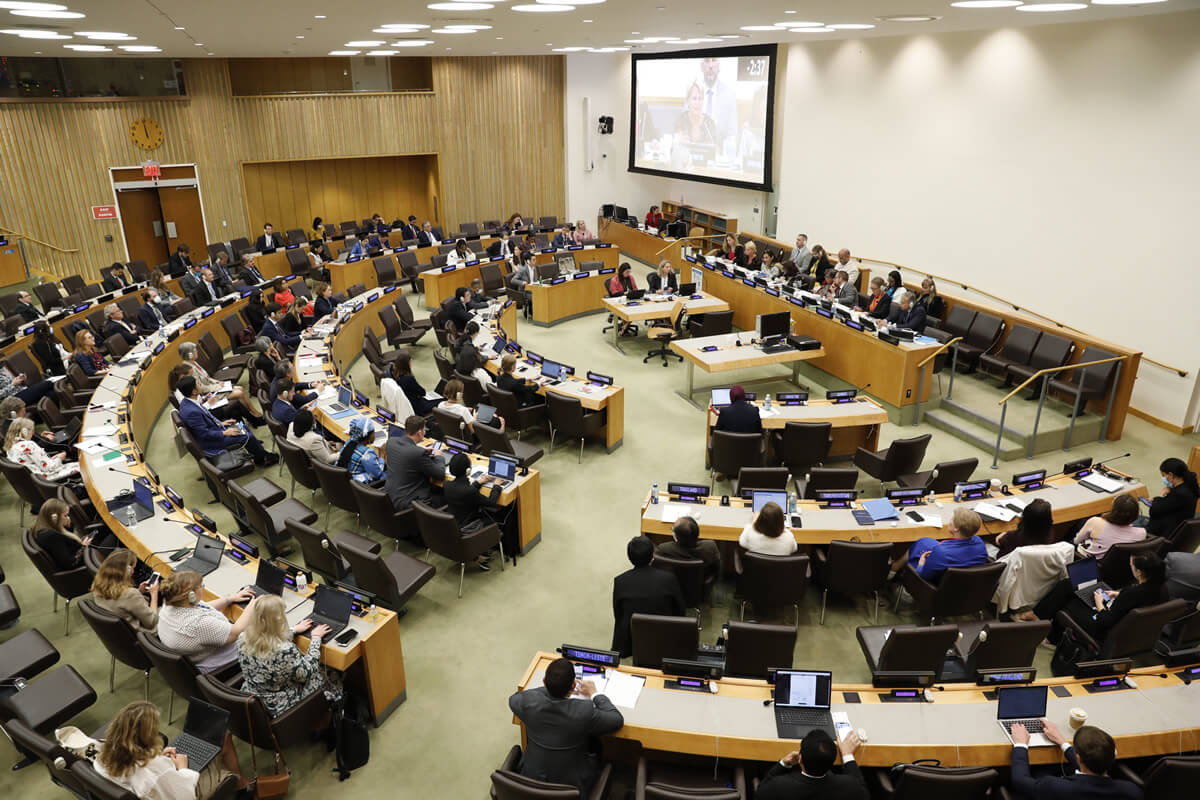Aboriginal organisations across NSW will benefit from six new Cervical Screening Community Grants which will provide culturally responsive and targeted health promotion initiatives within Aboriginal communities.
The locally-led programs are aimed at boosting the number of Aboriginal women across the State who access cervical screening, reducing the impact of cervical cancer.
Minister for Women, Regional Health and Mental Health, Bronnie Taylor said the grants are part of $114,350 in funding awarded to Local Health Districts and non-profit organisations through the Cancer Institute NSW to promote the National Cervical Screening Program.
“Aboriginal and Torres Strait Islander women are almost four-times more likely to die from cervical cancer than non-Aboriginal women and these grants work towards closing the gap,” Mrs Taylor said.
“Cervical cancer is one of the most preventable cancers and we know having a Cervical Screening Test every five years is now the best way to prevent it.
“By funding these grants, we are working to provide opportunities to educate local communities on the ground about the importance of cervical screening.”
Chief Cancer Officer for NSW and CEO of the Cancer Institute NSW Professor Tracey O’Brien said locally led programs empower Aboriginal communities to address local needs and concerns and are critical in helping women understand the new screening options available to them.
“We know that the traditional Cervical Screening Test done by a health professional may create shame and fear for many,” Professor O’Brien said.
“The recent introduction of self-collection, which allows women to collect their own sample in private, will address a lot of the fear and shame that Aboriginal women have reported in the past.”
The NSW Cancer Plan 2022-2027 states that improving cancer outcomes for Aboriginal communities will assist with enhancing quality of life and experiences for people at risk of and/or affected by cancer.
The NSW Government is investing more than $170 million this financial year in improving cancer control through the Cancer Institute NSW.








